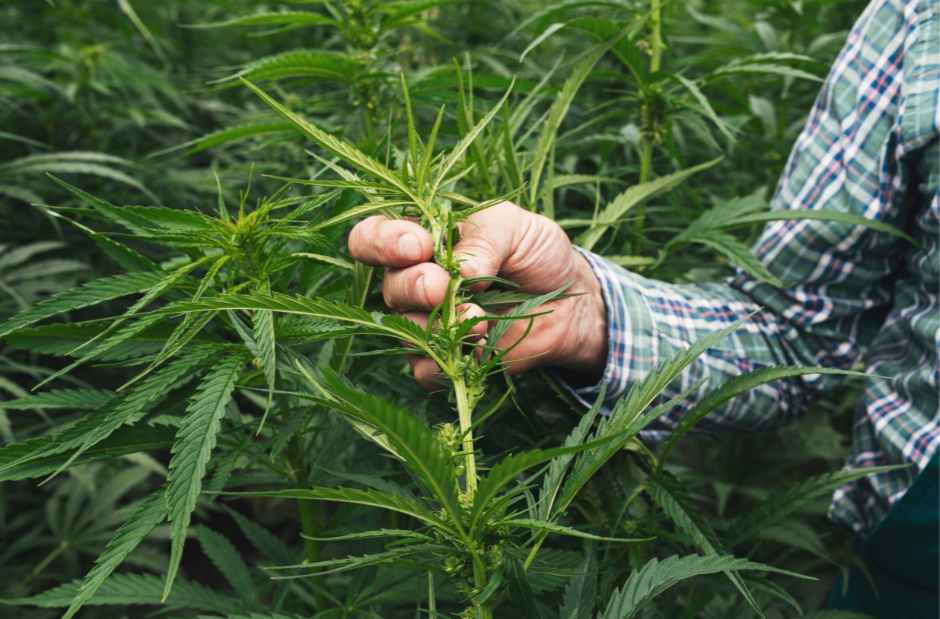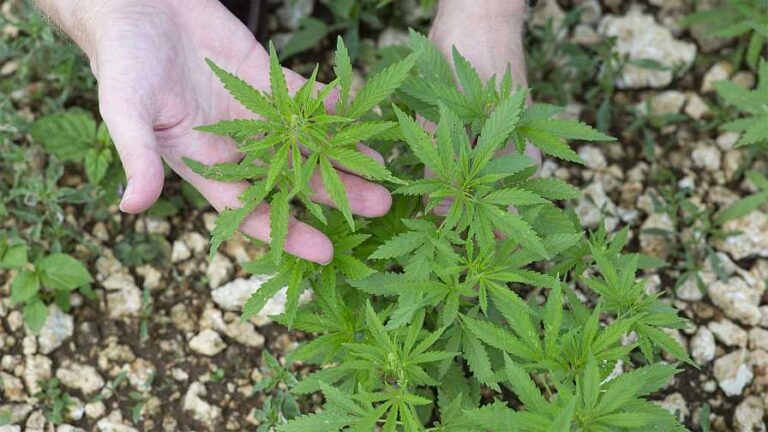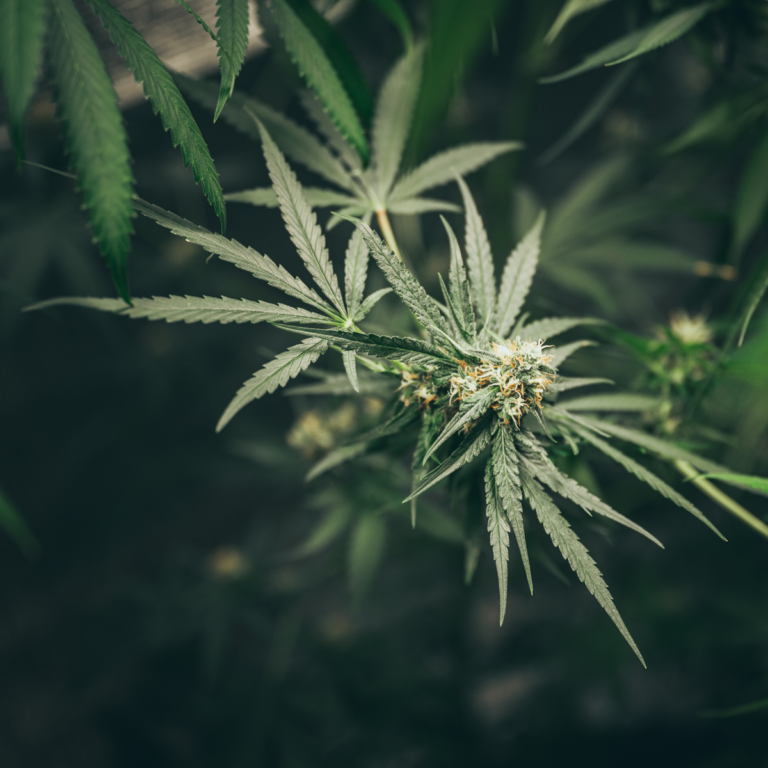How Can Hemp Help Repair Soil?
Over the past decade, climate change and sustainable farming have been major topics of discussion. While some people focus on developing renewable energy sources, others prioritize water conservation. There are, in fact, countless ways to contribute to a healthier planet for future generations—and hemp is one of them.
Hemp is an incredibly versatile plant, offering benefits across a wide range of industries. The surge in biomass production has fueled cannabinoid research, particularly in medicine. Hemp seeds are a valuable source of protein and fiber for both humans and animals, and hemp fibers can replace paper in a variety of products. Amazingly, even homes can be constructed using hemp-based materials.
With all of these diverse applications, how can hemp contribute to more sustainable farming practices and enhance soil quality?
In the 1930s, the United States faced a period now known as the Dust Bowl. Due to a combination of prolonged drought and inadequate farming techniques, vast stretches of farmland suffered extreme soil erosion. As the Library of Congress explains, “The farmers plowed the prairie grasses and planted dry land wheat. As the demand for wheat products grew, cattle grazing was reduced, and millions more acres were plowed and planted.”
This extensive removal of native prairie grasses left the soil exposed to intense winds, particularly in states like Kansas and Oklahoma, sparking a devastating chain of events that has since been immortalized in American art and literature.
When native plants are cleared away, the soil loses a critical layer of protection. However, sustainable agricultural practices—such as planting native vegetation or deep-rooted crops like hemp—can fortify the soil, helping to prevent erosion and maintain land health.

How Hemp Revitalizes Soil
Hemp not only stabilizes soil but also plays a powerful role in repairing damaged land. It does this by absorbing heavy metals, pesticides, and other contaminants, which are then stored within the plant until it’s harvested.
A 2020 study published in GCB Bioenergy notes, “Research has shown that hemp is capable of phytoextraction of heavy metals and radionuclides, with contaminants distributed throughout the hemp plant in varying concentrations.”
Recent Studies on Hemp and Soil Remediation
Recent studies continue to investigate hemp’s role in soil remediation. For instance, a 2022 paper from USDA-ARS-Western Regional Research Center in California found that industrial hemp effectively absorbs heavy metals from soil. Their findings highlighted that “Hemp has deep roots and is tolerant to the accumulation of various metals. Additionally, the crop biomass offers numerous commercial applications after harvesting.”
With legalization and increased access to seeds, research into hemp’s potential in soil preservation has grown rapidly. These advancements have made it easier for scientists to explore hemp’s environmental benefits.
The Potential of Hemp for Soil Health
Hemp has emerged as a promising plant in soil repair and preservation. Studies show it not only removes toxins from the soil but also aids in preventing soil erosion. However, the next challenge is determining what to do with the harvested, contaminant-laden hemp. There are several options, each with potential, but more research is needed to uncover the best path forward. One thing is clear—hemp’s story in soil remediation is only just beginning.






